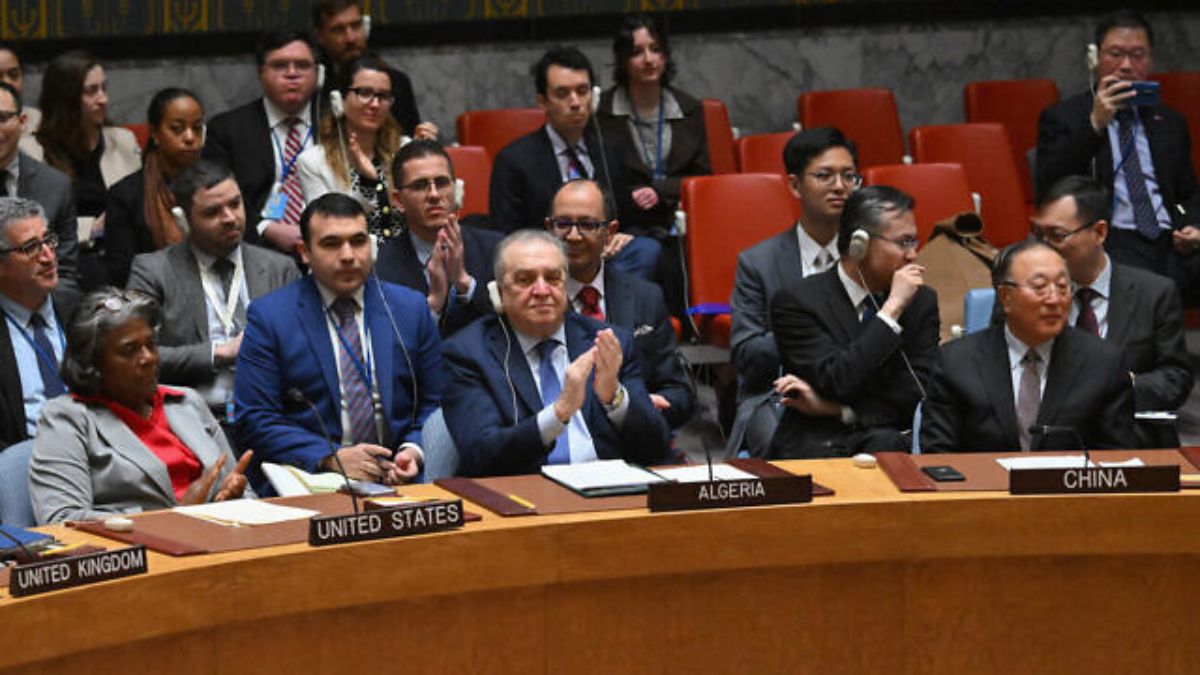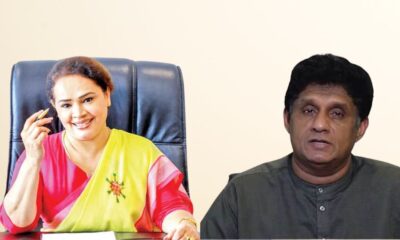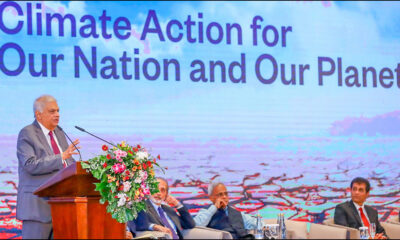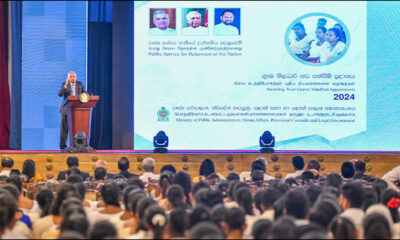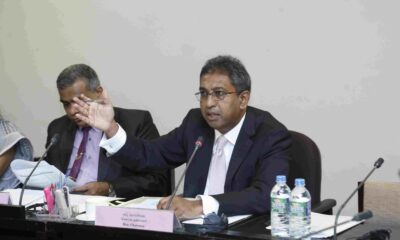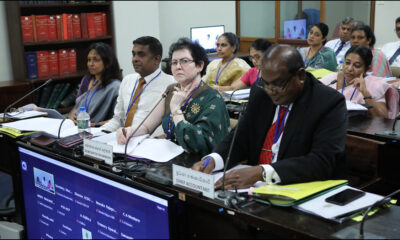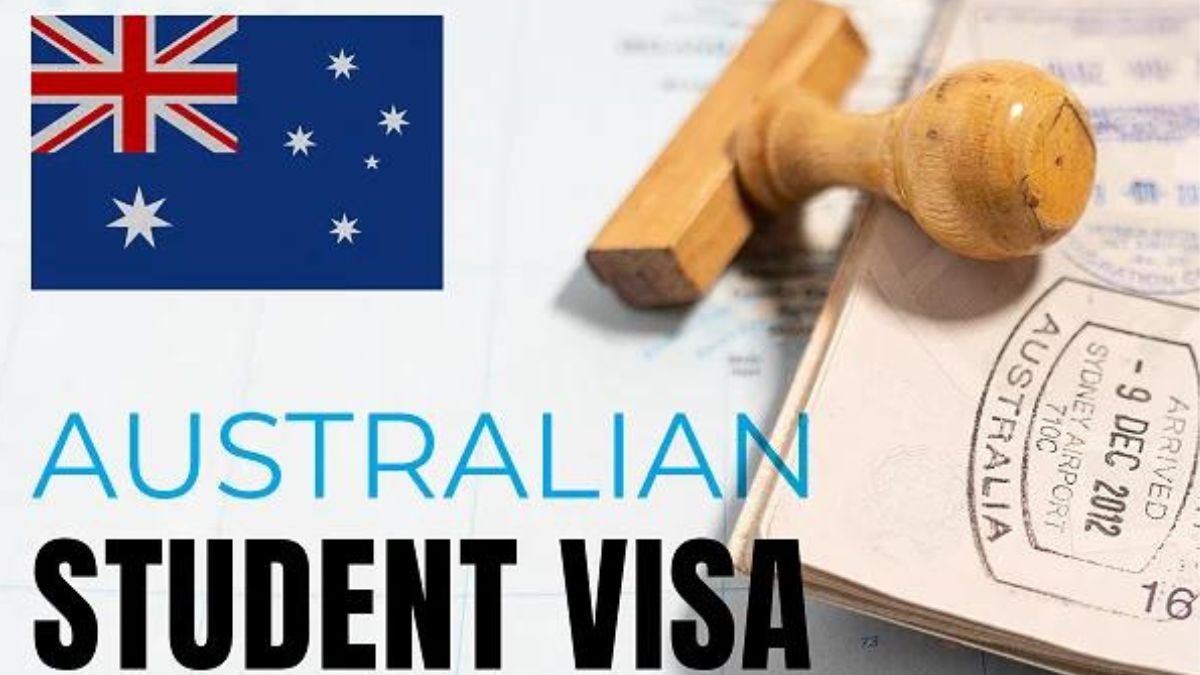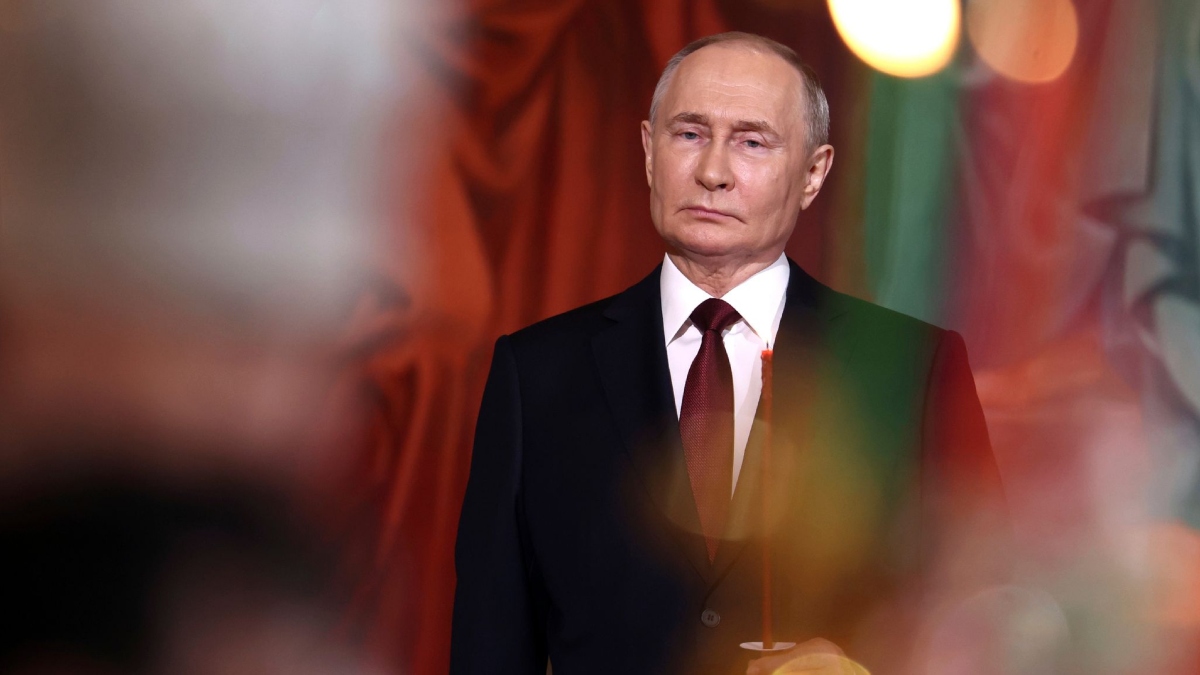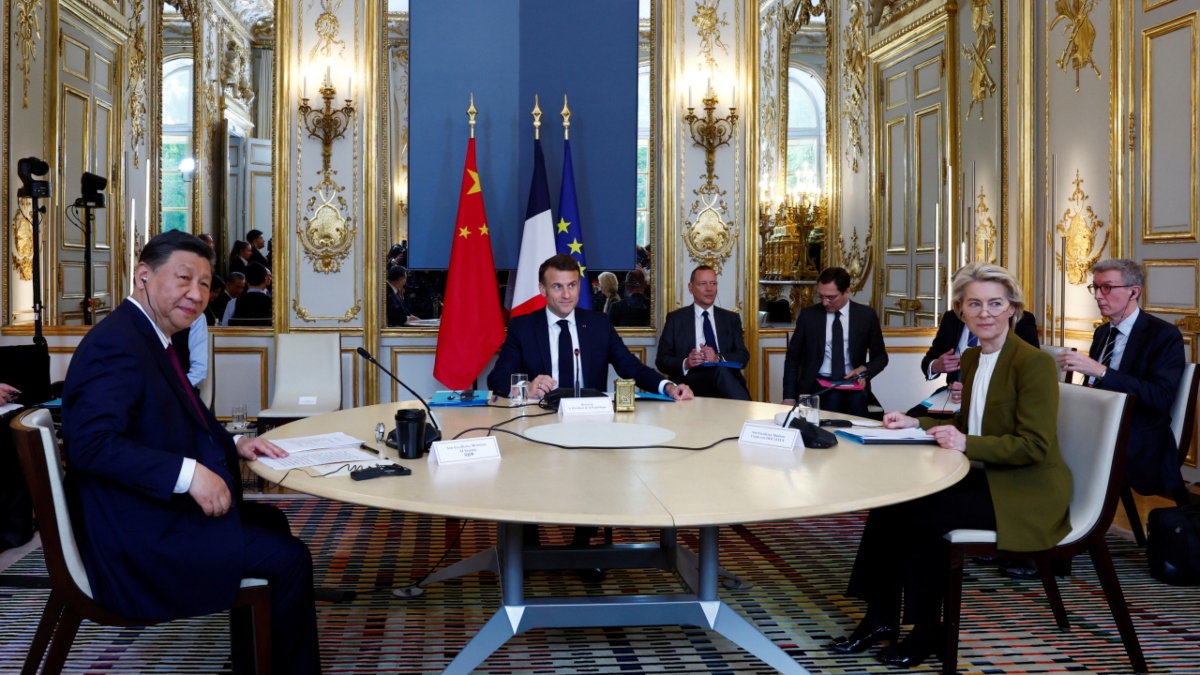The UN Security Council has called for an immediate ceasefire in Gaza, after the US did not veto the measure in a shift from its previous position.
It also demanded the immediate and unconditional release of all hostages.
It is the first time the council has called for a ceasefire since the war began in October after several failed attempts.
The move by the US signals growing divergence between it and its ally Israel over Israel’s offensive in Gaza.
In an unusually strong rebuke, a statement from Israeli Prime Minister Benjamin Netanyahu’s office said the US had “abandoned” its previous position which had directly linked a ceasefire to a hostage release.
“Regrettably, the United States did not veto the new resolution,” it said.
The statement said this harmed efforts to release hostages by giving Hamas hope it could use international pressure on Israel to achieve a ceasefire without freeing the captives.
It also said Mr Netanyahu had decided to cancel meetings between an Israeli delegation and US officials in Washington that were scheduled for this week.
Israel’s defence minister said Israel would not stop the war in Gaza while hostages were still being held there.
The Palestinian representative to the UN, Riyad Mansour, welcomed the resolution but said it was overdue.
“It has taken six months, over 100,000 Palestinians killed and maimed, two million displaced, and famine, for this council to finally demand an immediate ceasefire,” Mr Mansour said.
Hamas, the Palestinian Islamist group which governs Gaza and which triggered the war with an unprecedented attack on Israel on 7 October, also welcomed the resolution. It said it was ready “to engage in an immediate prisoner exchange process that leads to the release of prisoners on both sides”.
The group has made any hostage release conditional on the release by Israel of Palestinians held in Israeli prisons.
In the Security Council vote on Monday, the US abstained, while the remaining 14 members voted in favour.
The US had previously blocked resolutions calling for a ceasefire, saying such a move would be wrong while delicate negotiations for a truce and hostage releases were continuing between Israel and Hamas.
But on Thursday it tabled its own draft, which for the first time called for a ceasefire, marking a hardening of its stance towards Israel.
US National Security Council spokesman John Kirby said the US’ decision to let the resolution pass did not mean a “shift in our policy”. He said the US backed a ceasefire but did not vote in favour of the resolution because the text did not condemn Hamas.
Speaking at a press briefing after the resolution was passed, Mr Kirby said: “We have been very clear, we have been very consistent in our support for a ceasefire as part of a hostage deal. That’s how the hostage deal is structured, and the resolution acknowledges the ongoing talks.”
UN Secretary General Antonio Guterres said the resolution “must be implemented” to secure a ceasefire and the “immediate and unconditional release of all hostages”.
(BBC News)

 News4 days ago
News4 days ago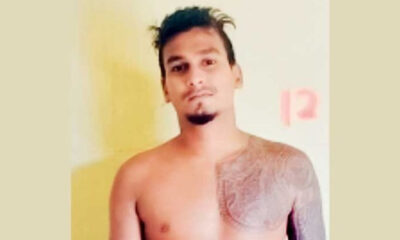
 News2 days ago
News2 days ago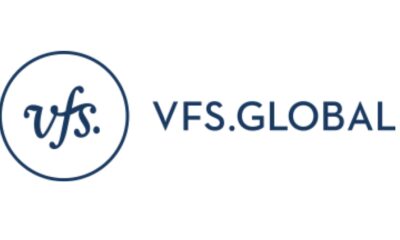
 News3 days ago
News3 days ago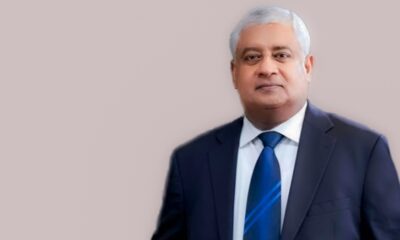
 News3 days ago
News3 days ago
 News3 days ago
News3 days ago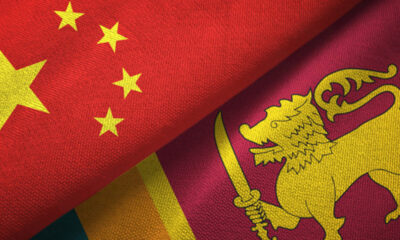
 News5 days ago
News5 days ago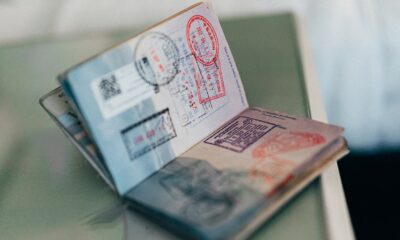
 News3 days ago
News3 days ago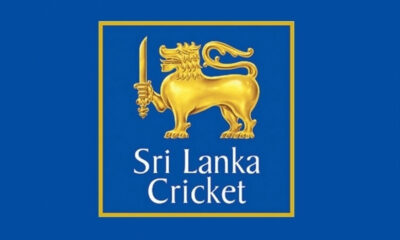
 News4 days ago
News4 days ago

